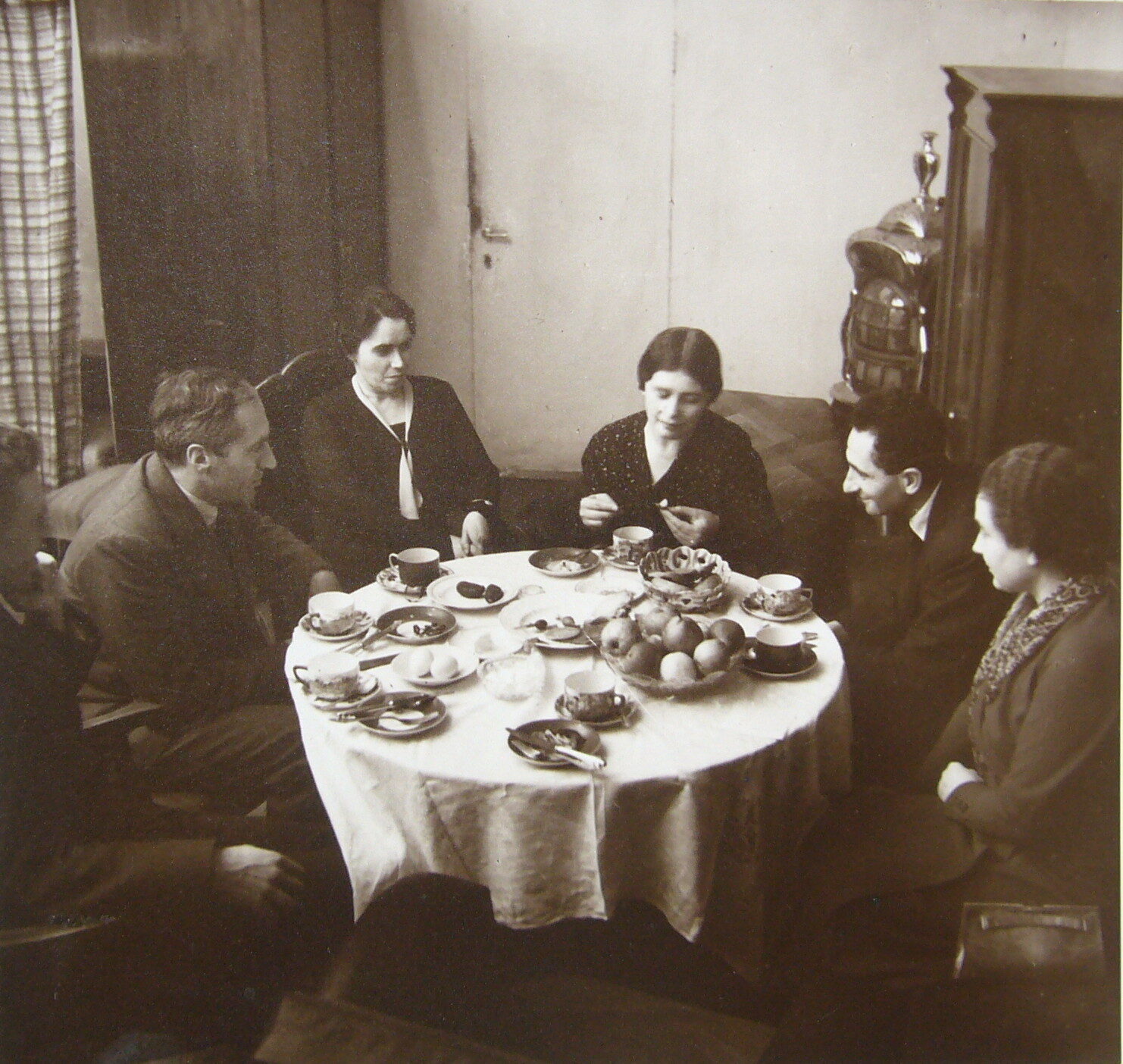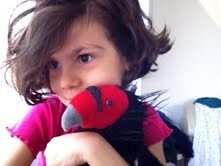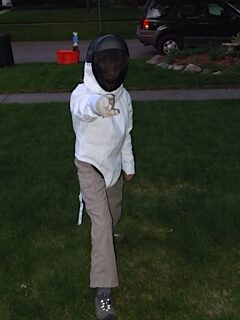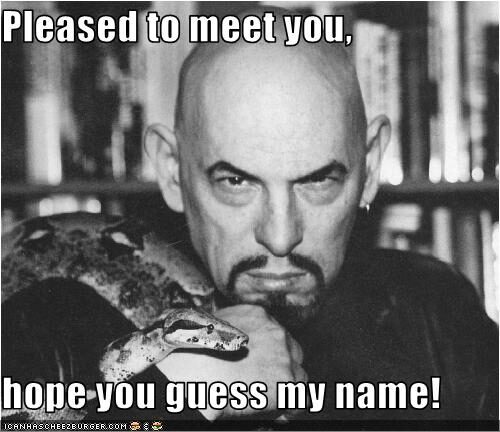Over-valuing certain abilities means looking down on people who don’t share them. Aspie supremacy is the ideology that follows from taking this to an extreme: ‘aspies’ have extraordinary powers which not only make their existence worthwhile, but make them better than other people.
Tag: Asperger syndrome
by Maxfield Sparrow and Steve Silberman How complicit was Hans Asperger with the murderous eugenic policies of the Third Reich in his role as the head of the Children’s Clinic at University of Vienna in the 1930s and 1940s? This painful question, which has vexed autism history for decades, has been reopened by the simultaneous publication of Edith Sheffer’s book “Asperger’s Children” and Herwig Czech’s paper in The Journal of Molecular Autism, “Hans Asperger, National Socialism, and ‘race hygiene’ in Nazi-era Vienna.” By unearthing new information from the municipal archives in Vienna that was mistakenly believed to be lost, Sheffer and Czech make the case that Asperger was more culpable than historians previously believed. They portray him as a calculating, ambitious young physician who never joined the Nazi party but was “prematurely promoted” over the heads of his Jewish colleagues as they were purged from the university in the increasingly…
Lydia Brown autistichoya.blogspot.com Anders Behring Breivik, the Norwegian terrorist gunman who killed seventy-seven people in one day last summer, appeared in court yesterday morning as a psychiatrist declared that he likely “suffers” from Asperger syndrome and Tourette syndrome. One news article claimed that “Asperger’s is a developmental disorder on the autistic spectrum that often is characterized by a lack of empathy.”1 Another article paraphrased the psychiatrist and wrote that “Norwegian mass killer Anders Breivik has a rare, high-functioning form of Asperger’s that has left him incapable of empathy or real friendship.”2 Although even a peer-reviewed paper published as early as 19913 found no evidence for any correlation between violence and Asperger Syndrome — further finding that the incidence of violent behavior in those with Asperger’s is lower than the incidence in the total population — the media has continually and repeatedly conflated being Autistic with a propensity toward violent or…
We’re featuring “Slice of Life” conversations with Autistics of all ages — kids through adults — throughout April’s Autism Acceptance Month. Our goal is to help TPGA readers understand that autistic people are people who have interesting, complicated lives and who are as diverse and varied as any other population united by a label. We are the people in each other’s neighborhoods, and the more we know about each other — the more visible autistic people and children are — the more common autism acceptance will be. That is our hope. Today we’re talking with future Condor Rescuer Hend, and her digger-loving brother Hamza. They were interviewed by their mother, Emma Apple. —- Emma writes: Hend. Almost seven, diagnosed with Asperger’s at five. Has a giant imagination, loves condors and birds in general (to a lesser intensity), intent on becoming a ‘Condor rescuer’ when she grows up. What is your…
We’re featuring “Slice of Life” conversations with Autistics of all ages — kids through adults — throughout April’s Autism Acceptance Month. Our goal is to help TPGA readers understand that autistic people are people who have interesting, complicated lives and who are as diverse and varied as any other population united by a label. We are the people in each other’s neighborhoods, and the more we know about each other — the more visible autistic people and children are — the more common autism acceptance will be. That is our hope. Today we’re talking with Paula C. Durbin-Westby who has been running an Autism Awareness Day and Month campaign all month in the name of “ACCEPTANCE, not tolerance, not ‘yes, but…,’ just acceptance. Pro-neurodiversity, pro-supports and services, against ‘cures.’” Paula also recorded a video version of her answers to our questionnaire, for greater accessibility. What is your name? Paula C.…
We’re featuring “Slice of Life” conversations with Autistics of all ages — kids through adults — throughout April’s Autism Acceptance Month. Our goal is to help TPGA readers understand that autistic people are people who have interesting, complicated lives and who are as diverse and varied as any other population united by a label. We are the people in each other’s neighborhoods, and the more we know about each other — the more visible autistic people and children are — the more common autism acceptance will be. That is our hope. Today we’re talking with “excellent student” and “big history geek” Aaron. What would a one-sentence description of yourself sound like? A history loving autistic child. Do you have a website? Yes I do. My website is called Bertram’s Blog. What would you like a one-sentence description of yourself to say? I am an excellent student and a big history…
We’re featuring “Slice of Life” conversations with Autistics of all ages — kids through adults — throughout April’s Autism Acceptance Month Our goal is to help TPGA readers understand that autistic people are people who have interesting, complicated lives and who are as diverse and varied as any other population united by a label. We are the people in each other’s neighborhoods, and the more we know about each other — the more visible autistic people and children are — the more common autism acceptance will be. That is our hope. Today we’re talking with John Elder Robison, author of the books Look Me in the Eye and Be Different, as well as the mastermind behind Ace Frehley’s light up guitar (and so hero to anyone who ever owned a KISS lunchbox). What is your name? John Elder Robison Do you have a website? www.johnrobison.com and www.robisonservice.com. What would you…
My particular form of prosopagnosia (facial blindness) includes inability to recognize faces and names. For example, every year I dreaded our family reunion and the inevitable awkwardness of seeing cousins and aunts and uncles and having no idea what their names were.
Sarah MacLeod quarksandquirks.wordpress.com The New York Times recently printed two op-eds questioning the existence of Asperger syndrome. The articles came soon after a flurry of media coverage about upcoming proposed changes to the DSM-V, the newest version of psychiatry’s diagnostic guide. These changes remove Asperger syndrome and PDD-NOS (pervasive developmental disorder — not otherwise specified) from the manual, instead creating one category for Autism Spectrum Disorder. Concerns abound. Will people previously fitting one of the three categories now fall into a diagnostic limbo? Will folks lose services because they don’t fit the definition? At least one study claims that these new criteria may greatly reduced the number of people diagnosed as on the autistic spectrum, although only time will tell. Two op-ed contributors to the New York Times seem to have the answer to this possible upcoming crisis: deny that Asperger’s exists and insist the only autism is the classic,…





